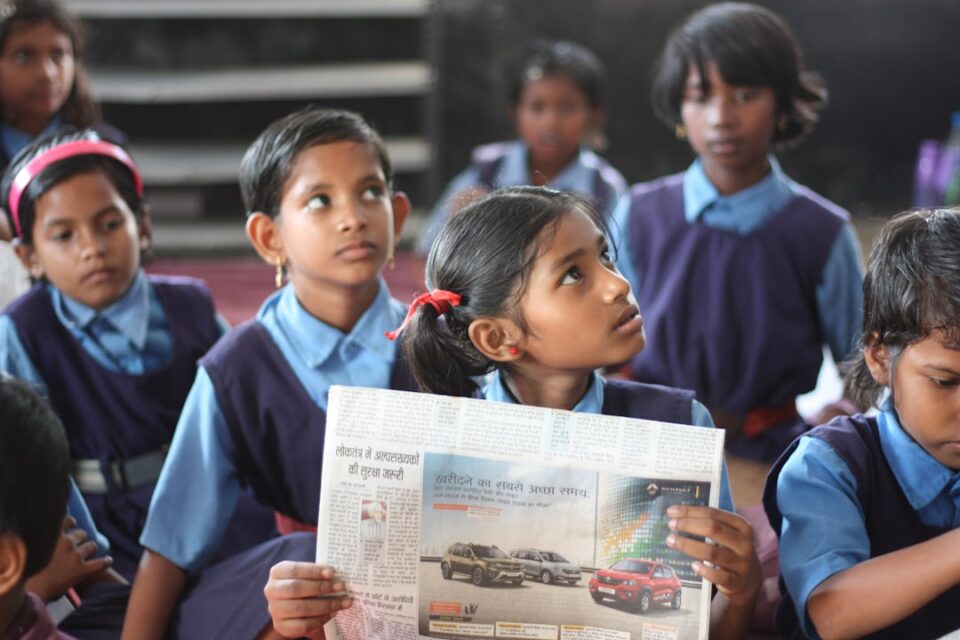Art education plays a crucial role in fostering creativity and innovation in individuals. It helps to develop critical thinking, problem-solving skills, and imagination. The arts encourage students to think outside the box and explore new ideas, while also providing a creative outlet for self-expression.
Creativity is an essential skill in today’s fast-paced and constantly changing world. It allows individuals to adapt to new situations, think innovatively, and come up with unique solutions to challenges. By incorporating arts education into the curriculum, students are given the opportunity to develop and enhance their creative skills.
One of the main benefits of arts education is that it encourages students to think creatively and to experiment with different mediums and techniques. Whether it is through painting, drawing, music, or drama, students are given the chance to express themselves in a variety of ways. This not only helps to build confidence and self-esteem, but it also allows them to explore their interests and talents.
Furthermore, arts education teaches students to think critically and to analyze and interpret visual and auditory information. By studying various art forms, students learn how to evaluate and critique different works of art, which helps to develop their analytical skills. This ability to think critically is essential in all areas of life, not just in the arts.
In addition to developing critical thinking skills, arts education also helps students to develop problem-solving skills. In the arts, there is often no right or wrong answer, which encourages students to think creatively and come up with their own solutions. By learning to approach problems from different angles and to think outside the box, students are better equipped to handle challenges in all areas of their lives.
Another important aspect of arts education is that it fosters imagination and creativity. Through exposure to different art forms and styles, students are able to expand their horizons and think beyond the boundaries of conventional thinking. This ability to imagine and create is crucial in the development of new ideas and innovations.
Furthermore, arts education helps to build teamwork and collaboration skills. In many arts programs, students work together to create collaborative projects, such as plays, musical performances, or visual art installations. This teaches students how to communicate effectively, work together towards a common goal, and appreciate the contributions of others. These are essential skills that are valuable in all areas of life, not just in the arts.
Moreover, arts education helps to foster a sense of cultural awareness and understanding. By studying various art forms from different cultures and time periods, students gain a greater appreciation for diversity and different perspectives. This helps to promote tolerance and understanding, which are important values in today’s globalized world.
In conclusion, arts education plays a vital role in developing creativity in individuals. By providing students with the opportunity to explore different art forms, think critically, problem-solve, and collaborate with others, arts education helps to develop essential skills that are valuable in all areas of life. Creativity is a crucial skill in today’s rapidly changing world, and arts education helps to ensure that individuals are able to adapt, innovate, and succeed in the future.

